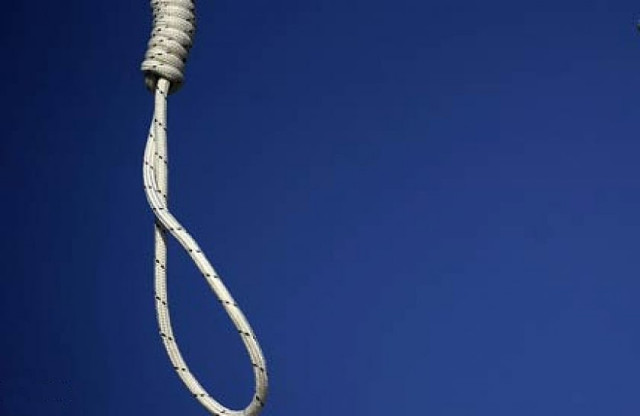Lifting the moratorium
Hanging of these men who are likely to welcome death anyway is unlikely to alter the security paradigm as a whole


The Chief of Army Staff, General Raheel Sharif, has now signed the death warrants of a handful of men convicted of terrorist offences, and they may be executed at 3pm on Friday, December 19. A list of prisoners on death row has been sent to Inspectors General of Police in every province by the Ministry of the Interior. The mercy petitions of most were rejected by former president Pervez Musharraf, and petitions relating to those who were not presented to the former ruler will be presented to President Mamnoon Hussain, who in the circumstances is most unlikely to grant them. There are potentially countless mercy petitions to be presented dating between 2007 and 2011, with there being hundreds of prisoners sentenced to death in Khyber-Pakhtunkhwa alone.
What the government and the security apparatus needs to be cognisant of is the expected backlash that the country and its citizens could face once the executions of militants on death row start taking place. The TTP and their affiliates will likely trigger some sort of violent reaction and the authorities need to put in place measures to deal with such an eventuality effectively. The hanging of these men who are likely to welcome death anyway is unlikely to alter much within the security paradigm as a whole, and may even contribute to an erosion of security nationwide as supporters of the hanged men react to their death. However, public support for the executions is running high. The question of whether Pakistan will derive benefit rather than satisfaction from them remains, hanging.
Published in The Express Tribune, December 20th, 2014.
Like Opinion & Editorial on Facebook, follow @ETOpEd on Twitter to receive all updates on all our daily pieces.















COMMENTS
Comments are moderated and generally will be posted if they are on-topic and not abusive.
For more information, please see our Comments FAQ